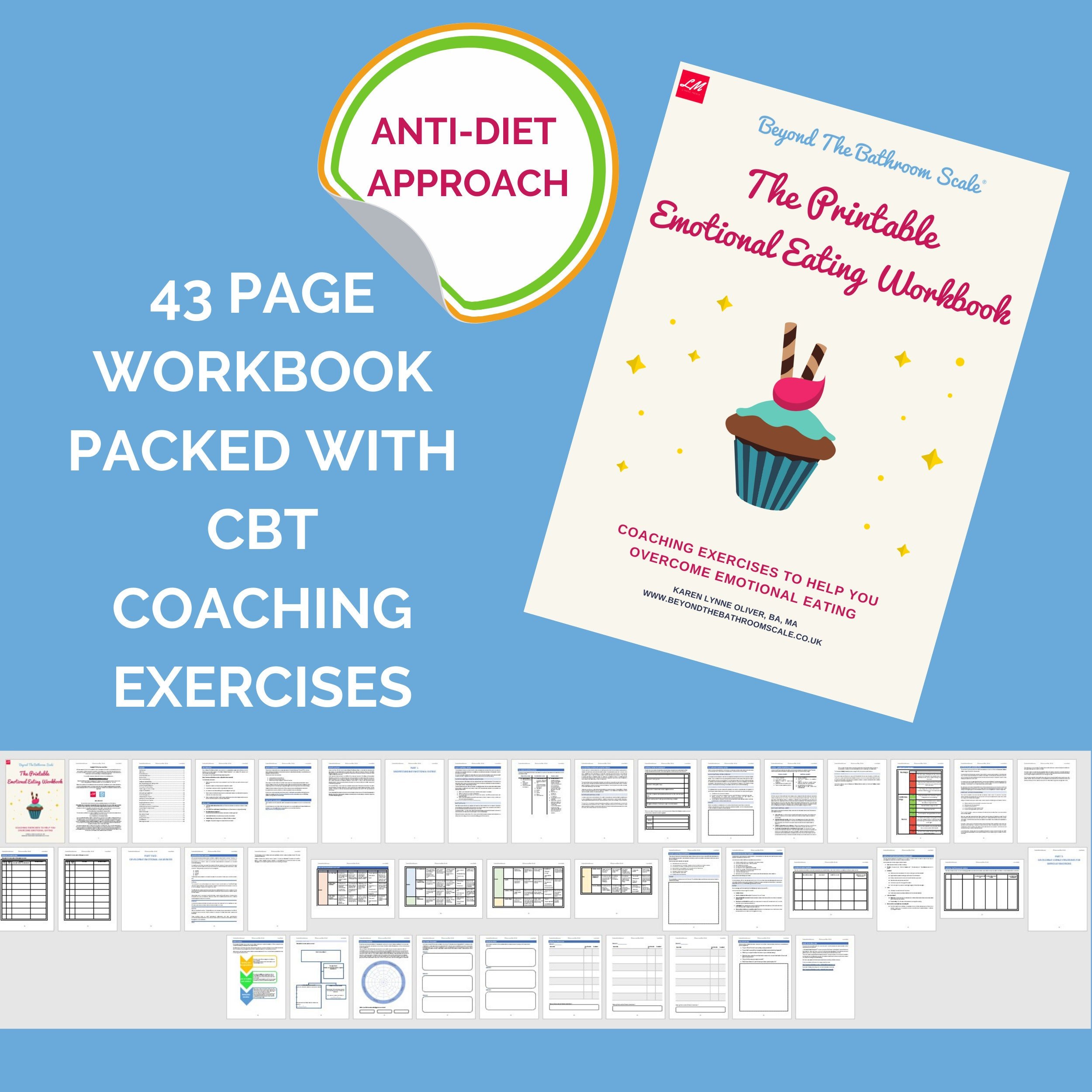5 Effective Strategies to Cope with Emotions Without Turning to Food: Break Free from Emotional Eating
We all have moments when life feels overwhelming, and during these times, food can often become a comforting escape. But while reaching for that snack might provide temporary relief, it’s important to recognize that emotional eating can create a cycle of guilt, frustration, and a disconnection from our true feelings. If you’re looking to break free from this cycle and find healthier ways to cope with your emotions, you’re in the right place.
Here are five strategies to help you manage your emotions without turning to food, fostering a deeper connection with yourself and your needs.
1. Practice Mindful Breathing
When emotions run high, our first instinct is often to react. But by taking a moment to pause and focus on your breath, you can create space between your emotions and your actions. Mindful breathing helps ground you in the present moment, offering a simple yet powerful tool to calm your mind and body.
How to Try It:
Find a quiet place to sit or stand comfortably.
Inhale deeply through your nose, filling your lungs.
Exhale slowly through your mouth, releasing any tension.
Repeat this for several breaths, focusing solely on the sensation of breathing.
Mindful breathing can help you navigate intense emotions with more clarity and control, reducing the urge to seek comfort in food.
2. Engage in Physical Activity
Movement is a natural stress reliever that can help you process emotions in a healthy way. Whether it’s a brisk walk, a yoga session, or dancing around your living room, physical activity releases endorphins, the body’s natural mood elevators, and provides a positive outlet for your emotions.
How to Try It:
Choose an activity that you enjoy—something that feels good for your body.
Don’t worry about intensity or duration; focus on moving in a way that feels natural and free.
Pay attention to how your body feels during and after the activity, noticing any shifts in your mood.
Regular physical activity not only helps you cope with emotions but also builds resilience and a stronger connection to your body.
3. Express Your Emotions Creatively
Sometimes, words fail to capture the depth of what we’re feeling. That’s where creative expression comes in. Whether through writing, drawing, painting, or playing music, creative activities allow you to explore and release your emotions in a non-verbal way.
How to Try It:
Set aside time to engage in a creative activity that resonates with you.
Don’t worry about the outcome; focus on the process of creating.
Let your emotions guide your creativity, allowing whatever comes up to be expressed without judgment.
Creative expression can be a therapeutic outlet, helping you to process emotions without turning to food for comfort.
4. Connect with Others
When emotions are overwhelming, it’s easy to feel isolated. Reaching out to someone you trust can provide comfort, perspective, and the emotional support you need. Whether it’s a friend, family member, or therapist, sharing your feelings with someone else can help you feel less alone and more understood.
How to Try It:
Identify someone you feel comfortable talking to about your emotions.
Reach out through a call, text, or in-person meeting.
Share what you’re going through, and allow the conversation to flow naturally.
Human connection is a powerful tool for emotional healing, offering an alternative to seeking solace in food.
5. Develop a Self-Care Routine
Emotional eating often stems from unmet needs—whether it’s stress, exhaustion, or a lack of fulfilment. By developing a self-care routine that addresses your physical, emotional, and mental well-being, you can proactively manage these needs and reduce the reliance on food for comfort.
How to Try It:
Identify activities that nourish your body, mind, and soul—such as reading, taking baths, meditating, or practising gratitude.
Create a daily or weekly routine that incorporates these activities.
Regularly assess and adjust your routine to ensure it continues to meet your needs.
A consistent self-care routine helps you stay in tune with your emotions and equips you with healthier ways to cope with life’s challenges.
Find Compassionate Support on Your Journey
Breaking the cycle of emotional eating is a journey that requires self-compassion, patience, and the right tools. If you’re ready to dive deeper and transform your relationship with food and emotions, our Emotional Eating course is here to support you.
The Emotional Eating course is designed to help you understand and overcome emotional eating with compassion and practical guidance. This video-based course, enriched with cognitive-behavioural therapy (CBT) workbooks, offers a comprehensive approach to addressing the complex relationship between emotions and eating.
In this course, you will:
Understand Emotional Eating: Learn to recognize the difference between emotional and physical hunger.
Increase Emotional Awareness: Enhance your ability to identify and understand your feelings.
Develop Coping Strategies: Implement effective strategies to manage difficult emotions without turning to food.
Join us today and take the first step toward a more fulfilling, balanced life where you can address emotional eating with confidence and compassion.
Based on CBT, this course will help you uncover the causes behind emotional binge eating and the strategies for tackling it. Often, it's viewed as an eating problem when, in fact, it's a sign that self-care and mental well-being need to be prioritized. We'll work together to develop alternative coping mechanisms for strong emotions, drawing on the same strategies you would be taught in Cognitive Behavioural Therapy.



